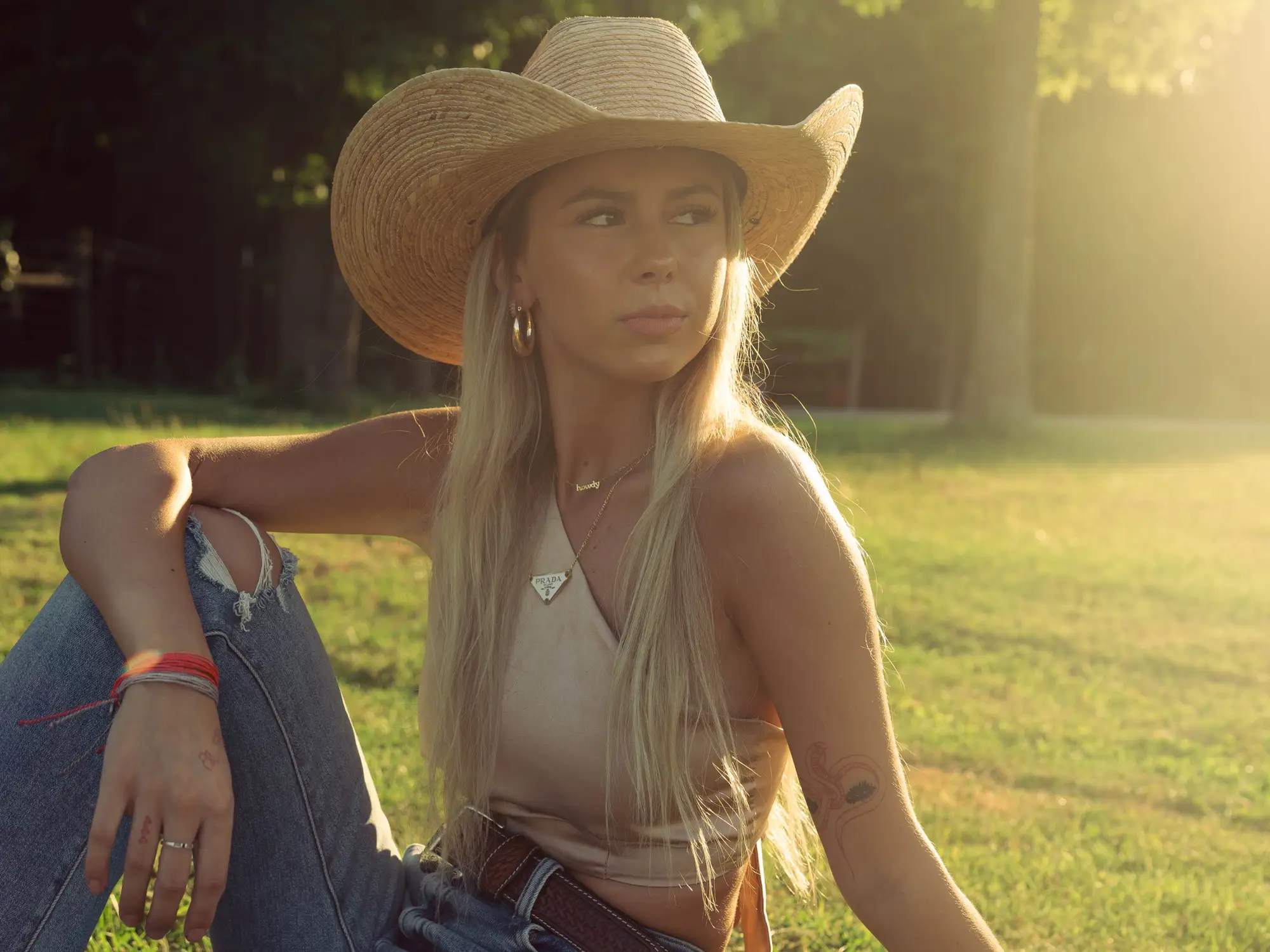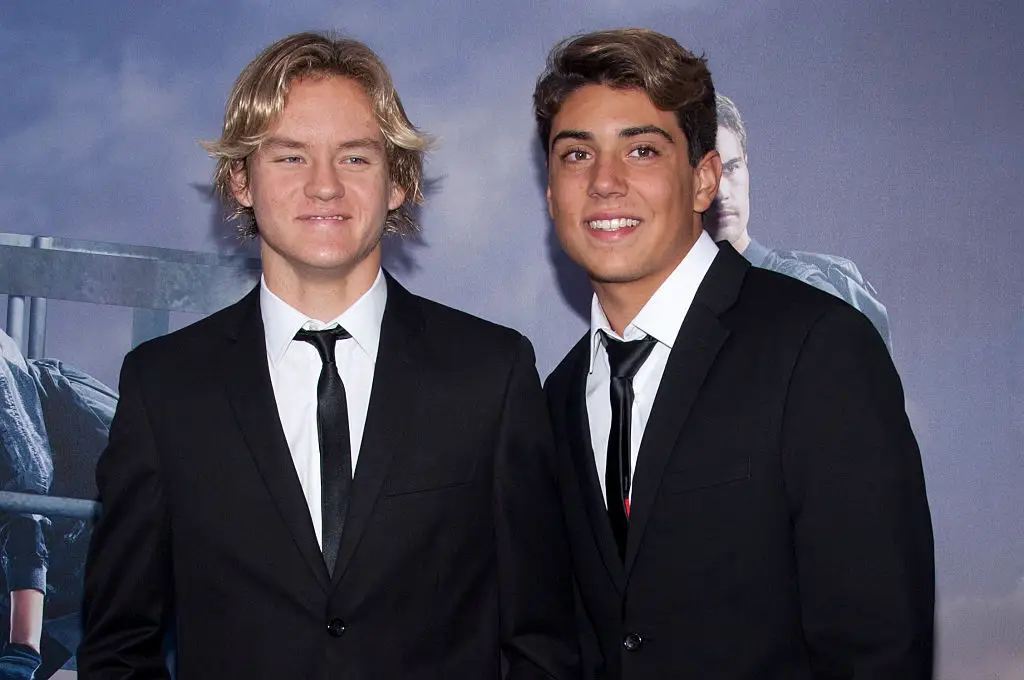‘Hawk Tuah Girl’ has our attention. Next, she would like our money.

Hailey “Hawk Tuah” Welch has big plans, her management team tells us.
The “Hawk Tuah Girl,” Hailey Welch, has quit her day job in a Tennessee spring factory and announced plans to ride out her viral fame.
But what does cashing in on viral fame look like in 2024, and how is that different from the other kinds of Viral Humans who have come before?
Welch, 21, hasn’t said exactly what her plans are for the future, but she has signed with a management and publicity team. Her new management team told me their first priority is to stop any unlicensed merchandise, fake social media accounts, or other content being made without her permission.
“We are here to protect ‘the Hawk’ from the vultures,” Jonnie Forster of The Penthouse management told us.
She also plans to launch her own website and merchandise line later this week, Forster said.
You’ve become a meme. Now, monetize it.
“Hawk Tuah Girl” may discover that viral fame alone is not an instant windfall — capitalizing on social media popularity requires hard work.
Accidental memedom is very different from social media stars who can make their (sometimes lucrative) living by grinding out content for years and studying platform mechanics. Someone like Jake Paul doesn’t stumble into it; he hustles. As he famously rapped, “It’s every day, bro.”

Jake Paul raps, “It’s every day, bro,” when it comes to managing his viral fame.
Luckily (or not), there are nearly two decades of internet history of Viral Humans, and it’s worth examining some of those past examples to see what we might glean for Welch’s future.
Let’s focus on other versions of people who, like Welch, accidentally go viral by appearing on the news or by being filmed by someone else.
Antoine Dodson of the 2010 “Bedroom Intruder” song. Sweet Brown of the 2012 “Ain’t nobody got time for that” line. “I like turtles” boy. These people all appeared as man-on-the-street interviews on local news, not unlike the way Welch ended up going viral.
Being thrust into the spotlight isn’t always a happy story in the long run. It wasn’t always clear how to profit from early viral fame, and sometimes the people who went viral watched as unrelated companies and people made money off them without giving them a cut. (That’s what Welch’s new management says they’re trying to stamp out.)
Dodson recently posted on TikTok about his frustration with how his image had been exploited for gain by others, like an unlicensed Halloween costume.
The “Damn, Daniel” teens got a lifetime supply of Vans but have mostly retreated from public life. Alex from Target, another unsuspecting meme, told People Magazine this spring that he had attempted being a social media personality for a little while after turning 18, but didn’t enjoy it and now works for UPS.

Josh and Damn Daniel in 2016 after they went viral. They have since retreated from public life
And in early 2021, as NFTs were taking off, a handful of people who had been early internet memes took the opportunity to finally cash in — sometimes for quite a lucrative sum. (“Disaster Girl” sold her image as an NFT for around $500,000 at the time; “Bad Luck Brian” netted only $36,000.) Sadly, I don’t imagine NFTs are going to be a viable strategy today.
‘Hawk Tuah’ more than a meme?
Welch’s viral fame exists largely inside a space on the internet that didn’t really exist 10 years ago — best described by Max Read as “the Zynternet”:
Over the last ten years or so, a broad community of fratty, horndog, boorishly provocative 20- and sometimes (embarrassingly) 30-somethings — mostly but by no means entirely male — has emerged to form a newly prominent online subculture. This network is adjacent to the “sports internet” of 40something dads and the “hustle internet” of Miami crypto bullshit and the “reactionary internet” of trad influencers, but is its own distinct community with its own distinct cultural referents —college sports, gambling, light domestic beers, Zyn nicotine pouches …
Perhaps the Zynternet allows for a new path for someone like Welch — a path that is quite different from the previous iterations of viral fame where an appearance on the family-friendly “Ellen DeGeneres Show” was the end goal.
The Zynternet, which helped propel Welch to fame, may already have a good spot waiting for her.
An attractive young woman with a big personality who talks candidly? That’s already a winning formula for podcast hosts like Alex Cooper of Call Her Daddy, Tana Mongeau, Bobbi Althoff, or even Brianna LaPaglia
In fact, Welch’s first public interview (she didn’t have any public social media accounts before — a fact that led to lots of false speculation about her) was on one of these podcasts: “Plan Bri Uncut” with LaPaglia, who also has a podcast called “BFFs” with Barstool Sports founder Dave Portnoy.
LaPaglia also dates country star Zach Bryan, and Welch appeared onstage at Bryan’s recent concert. Welch’s management said this was a happy coincidence: She’d had tickets to Bryan’s concert, and LaPaglia was able to interview her for her podcast after the show.
So what’s Welch want to do now? She gives us a hint on LaPaglia’s podcast. She wants it all: “I think we’re doing to do, like, a show, and then being on a bunch of podcasts and everything in between.”
LaPaglia is happy to cheer her on.
“You’re so much more than just the ‘Hawk Tuah Girl.’ I’m excited for your future,” LaPaglia says. “I have no fucking idea where you’re going to pivot or how you’re going to pivot from this, but I’m excited to see what you do.”
I don’t think we’ve seen a Viral Human quite like Hailey Welch before — I’m also very curious to see what she does next.





